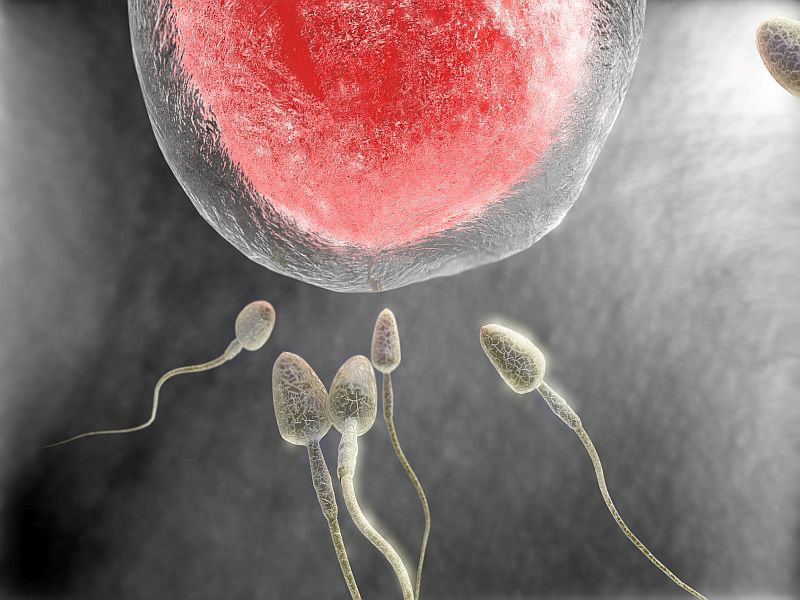Faulty Sperm May Explain Recurring Miscarriages

THURSDAY, Jan. 10, 2019 (HealthDay News) -- A series of miscarriages may signal that a man's sperm is not up to par, new British research suggests.
The findings could lead to new treatments to reduce the risk of miscarriage, said researchers at Imperial College London.
"Traditionally, doctors have focused attention on women when looking for the causes of recurrent miscarriage. The men's health, and the health of their sperm, wasn't analyzed," explained study author Dr. Channa Jayasena, from the department of medicine at Imperial College.
"However, this research adds to a growing body of evidence that suggests sperm health dictates the health of a pregnancy," he said in a university news release. "For instance, previous research suggests sperm has an important role in the formation of the placenta, which is crucial for oxygen and nutrient supply to the fetus."
In the study, scientists analyzed the sperm quality of 50 men whose partners had suffered three or more consecutive miscarriages and found their sperm had twice as much DNA damage as the sperm of men whose partners had not experienced miscarriages.
DNA damage in sperm may be caused by molecules called reactive oxygen species. These molecules are present in semen to protect sperm from bacteria and infection, but high concentrations of these molecules can cause significant damage to sperm, the researchers explained.
Men whose partners had suffered recurrent miscarriages had four times higher levels of reactive oxygen species than men whose partners had not had a miscarriage.
The researchers said they are now trying to determine what may cause high levels of reactive oxygen species.
"Although none of the men in the trial had any ongoing infection such as chlamydia -- which we know can affect sperm health -- it is possible there may be other bacteria from previous infections lingering in the prostate gland, which makes semen," Jayasena said. "This may lead to permanently high levels of reactive oxygen species."
The researchers only found an association between sperm quality and miscarriages, not a cause-and-effect link.
And while this was a small study, "it gives us clues to follow," Jayasena noted.
"If we confirm in further work that high levels of reactive oxygen species in semen increase the risk of miscarriage, we could try to develop treatments that lower these levels and increase the chance of a healthy pregnancy," he said.
The study was published recently in the journal Clinical Chemistry.
More information
The March of Dimes has more on miscarriage.

The news stories provided in Health News and our Health-E News Newsletter are a service of the nationally syndicated HealthDay® news and information company. Stories refer to national trends and breaking health news, and are not necessarily indicative of or always supported by our facility and providers. This information is provided for informational and educational purposes only, and is not intended to be a substitute for medical advice, diagnosis, or treatment.

